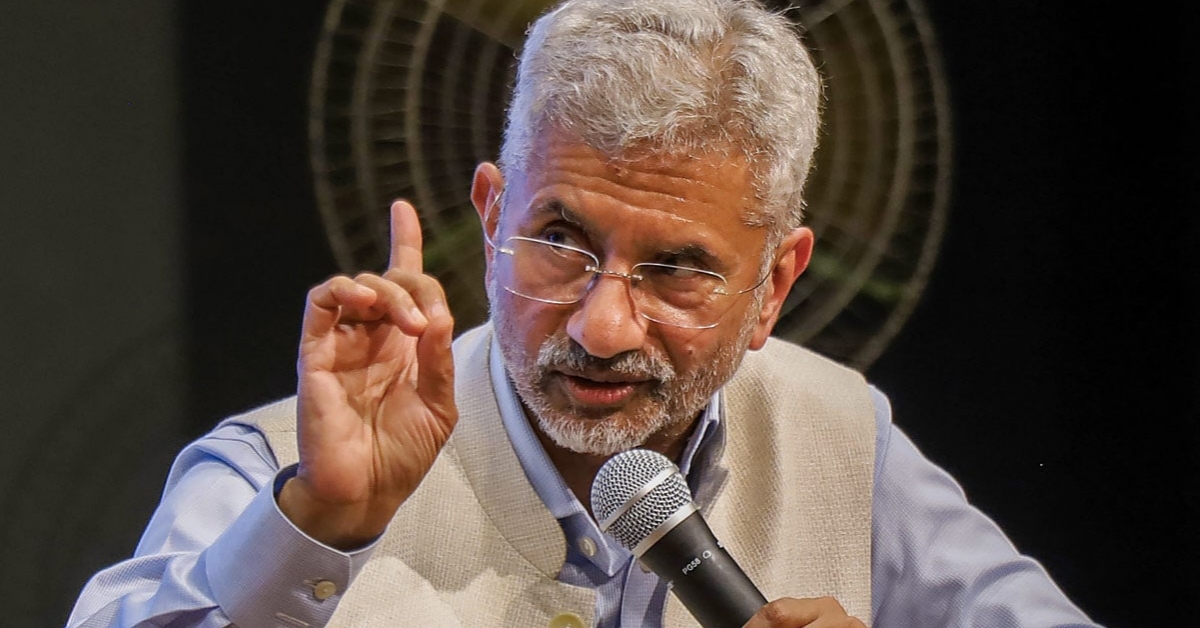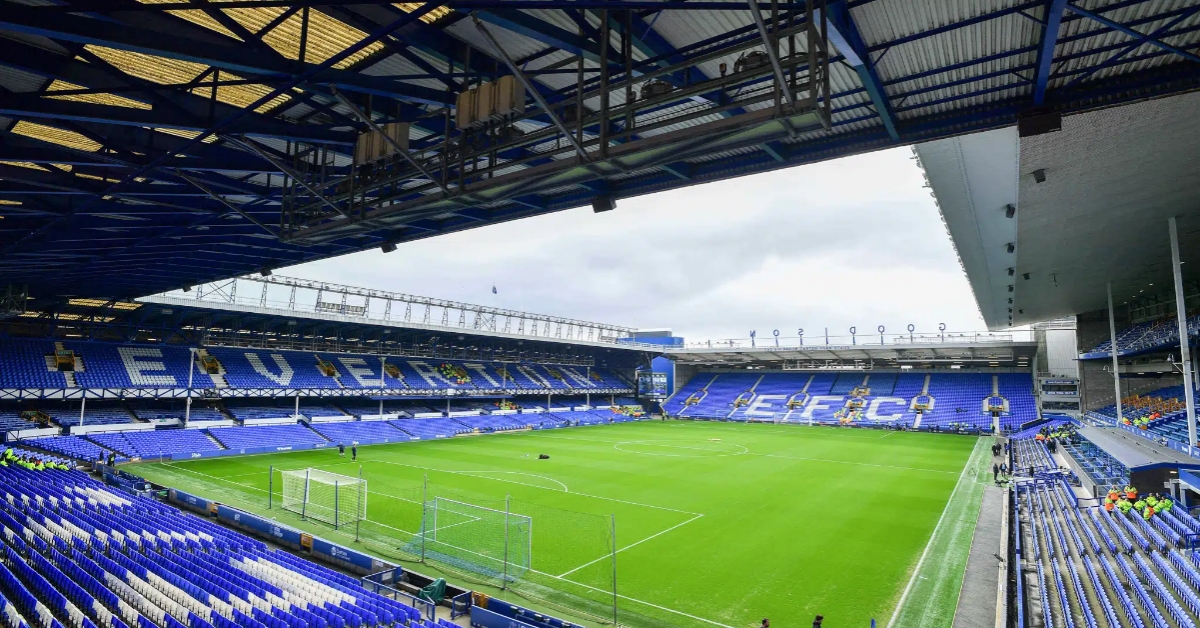[contact-form][contact-field label=”Name” type=”name” required=”true” /][contact-field label=”Email” type=”email” required=”true” /][contact-field label=”Website” type=”url” /][contact-field label=”Message” type=”textarea” /][/contact-form]
In a significant statement, External Affairs Minister S Jaishankar emphasized India’s inevitable attainment of a permanent seat in the United Nations Security Council (UNSC). However, he acknowledged the hurdles ahead, urging for concerted efforts to realize this longstanding ambition.
Addressing intellectuals in Rajkot, Gujarat, Jaishankar highlighted the global sentiment favoring India’s inclusion in the UNSC’s permanent membership. Despite this, he cautioned that achieving this milestone demands diligent endeavors and strategic maneuvers.
Historically, the UNSC’s permanent members—China, France, Russian Federation, the United Kingdom, and the United States—were established at the UN’s inception, sidelining the majority of the world’s nations. Jaishankar underscored the irony of seeking their approval for alterations in this structure, emphasizing the need for reform.
Over the decades, the international landscape has evolved dramatically, with the number of independent nations swelling from around 50 to nearly 193. However, the entrenched dominance of the original five persists, necessitating persistent advocacy for equitable representation.
Jaishankar elucidated that while progress has been made in garnering support for India’s bid, formidable challenges persist. He alluded to the collective efforts of India, Japan, Germany, and Egypt in presenting a joint proposal to the UN, signaling a step forward in the quest for reform.
Nevertheless, he cautioned against complacency, stressing the imperative of sustained pressure on the existing power dynamics within the UN. Instances of deadlock over critical issues such as the Ukraine war and Gaza underscore the urgent need for revitalizing the institution’s efficacy.
India’s ascension to the UNSC‘s permanent membership is not merely a matter of prestige but holds profound implications for global governance. As a burgeoning economic powerhouse and a bastion of democratic principles, India’s inclusion would enhance the council’s representativeness and efficacy.
However, realizing this ambition necessitates navigating intricate geopolitical dynamics and entrenched interests. The reluctance of established powers to cede influence underscores the formidable challenges ahead.
Furthermore, India must leverage its diplomatic acumen and burgeoning global influence to garner widespread support for its candidacy. Strengthening alliances with like-minded nations and amplifying its voice on critical global issues will be instrumental in advancing its cause.
Domestically, India must bolster its institutional capacities and streamline its foreign policy objectives to align with its aspirations on the global stage. Investing in strategic initiatives aimed at bolstering its credentials as a responsible global stakeholder will enhance its credibility and sway.
Moreover, fostering robust public discourse and cultivating a sense of national consensus on the importance of UNSC membership will galvanize support for India’s bid. Engaging civil society, academia, and the media in dialogue and advocacy efforts will broaden the constituency for reform.
In conclusion, India stands on the cusp of a historic opportunity to secure a permanent seat in the UNSC—a testament to its growing stature on the world stage. While formidable challenges lie ahead, India’s unwavering commitment to multilateralism and global governance augurs well for its prospects. By marshaling diplomatic ingenuity, mobilizing international support, and championing the cause of equitable representation, India can realize its aspiration of shaping a more just and inclusive world order.



